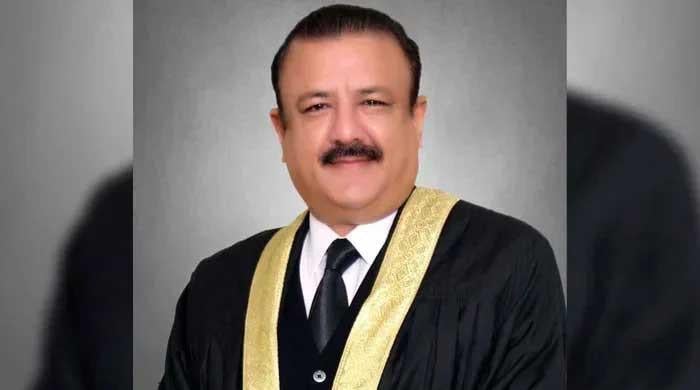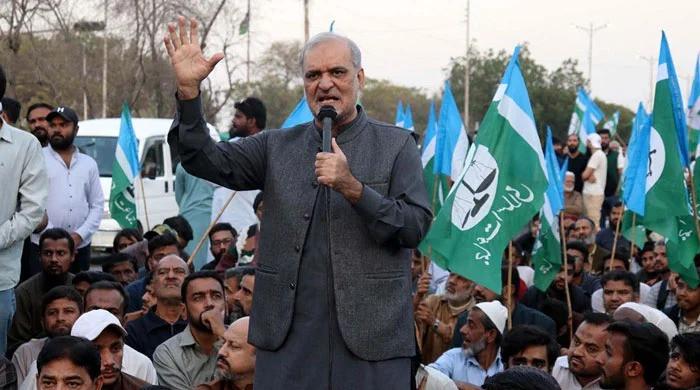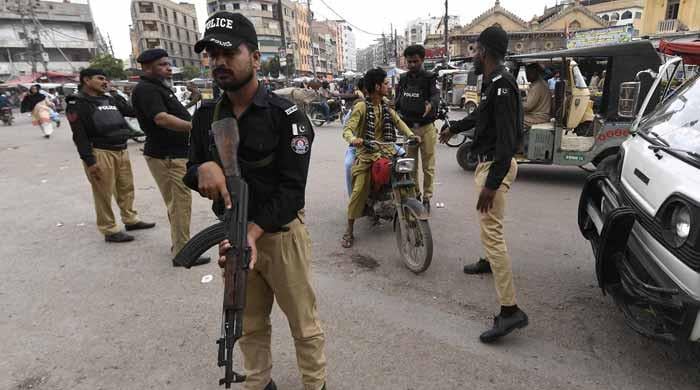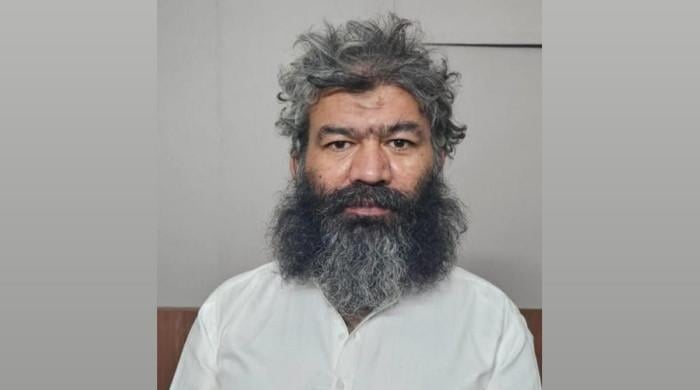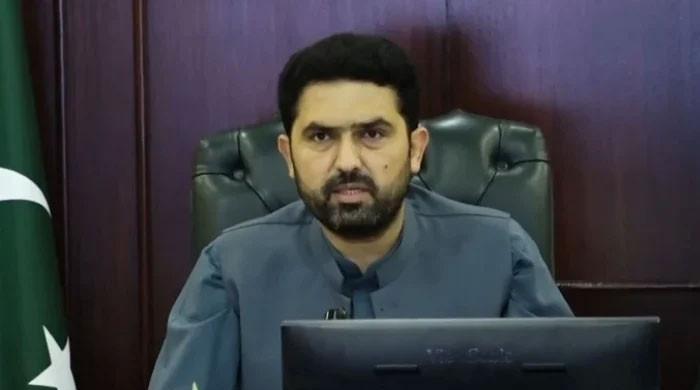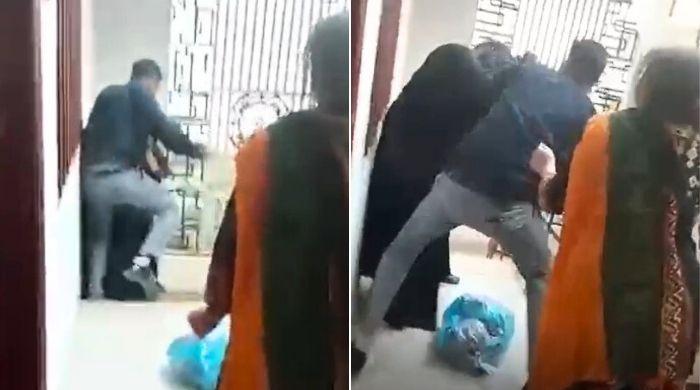Govt to review TLP agreement terms in meeting tomorrow
The government reached an accord with Tehreek-e-Labbaik Pakistan on November 16 last year
April 06, 2021
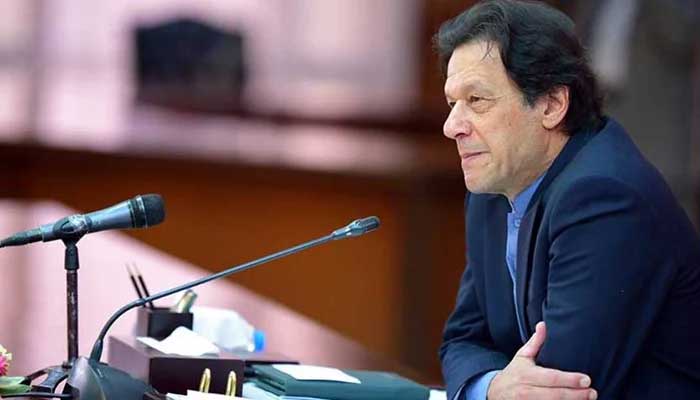
An important meeting will be held tomorrow (Wednesday) to review an agreement reached between the government and the Tehreek-e-Labbaik Pakistan (TLP), sources told Geo News on Tuesday.
The meeting will be chaired by Prime Minister Imran Khan at the Prime Minister's House and will be attended by Minister for Foreign Affairs Shah Mahmood Qureshi, Minister for Interior Sheikh Rashid and Minister for Religious Affairs Pir Noor-ul-Haq Qadri.
A deal between the government and the TLP was reached on February 11, under which the party agreed to call off a protest due later that month, in exchange for the government presenting in parliament the terms of an earlier accord reached on November 16 last year.
PM Imran Khan, in a statement, said that the government spoke to TLP, and the party has decided to extend the "deadline" given to the government from February to April 20.
According to the November agreement, the government was to reach a consensus on the expulsion of the French ambassador within three months, not appoint any ambassador to replace the old one, and was to release all detained workers of the TLP.
In February, five days before the "deadline", after which TLP was to launch a mass protest movement, a new deal was forged to give the government time until April.
November agreement
TLP had, in November, demanded the deportation of the French ambassador, approval of the blasphemy bill and a ban on French goods over the publication of blasphemous caricatures in the Charlie Hebdo magazine and remarks by French President Emmanuel Macron that hurt the sentiments of Muslims the world over.
TLP chief Maulana Saad Rizvi had set a February 16 deadline for approval of the demands.
The Punjab government said that Rizvi's name has been included in the Fourth Schedule of the Anti-Terrorism Act.
According to the Anti-Terrorism Act 1997, any individual placed on the Fourth Schedule or watch list is bound to inform the respective police before leaving their hometowns and after return and about their activities.




